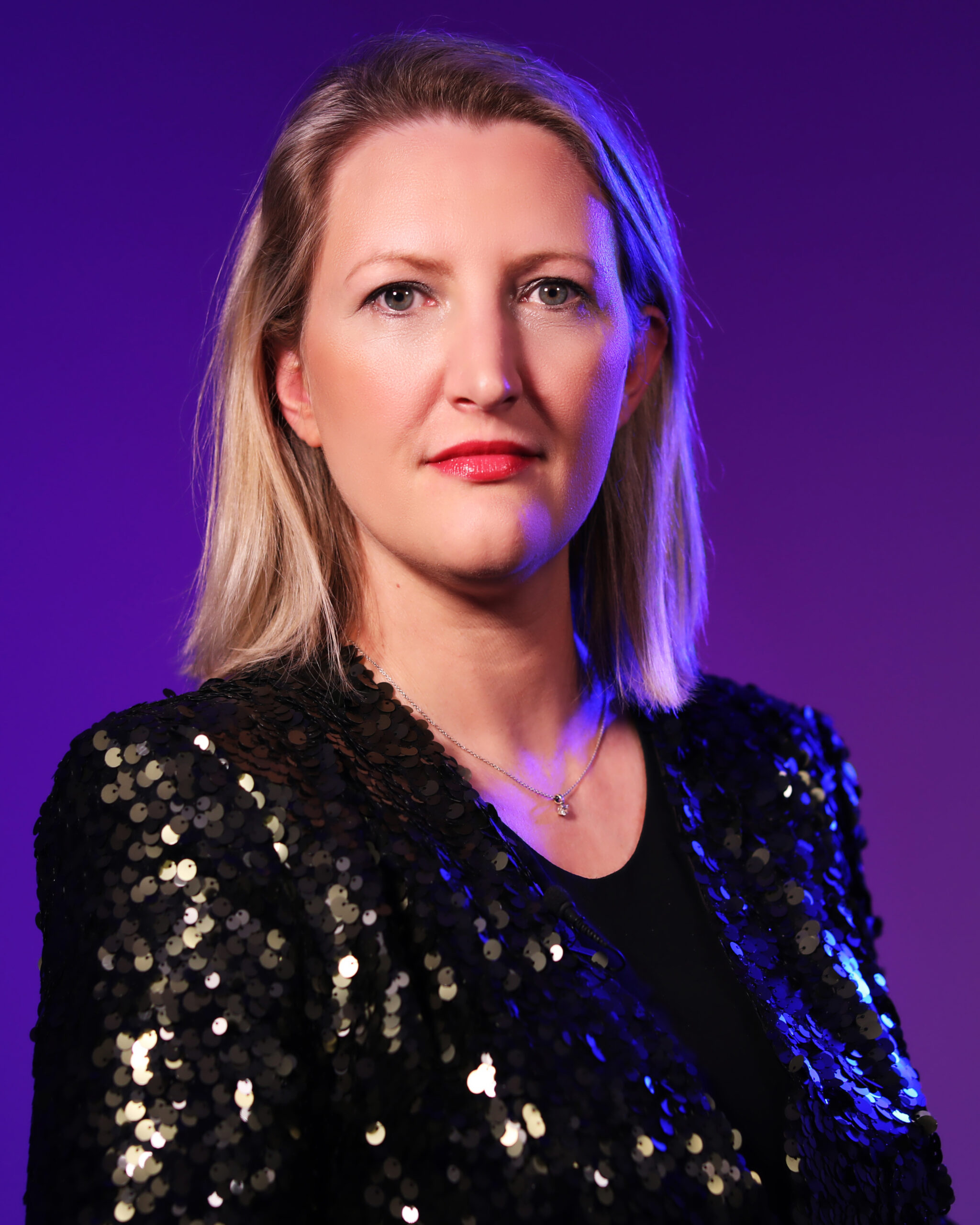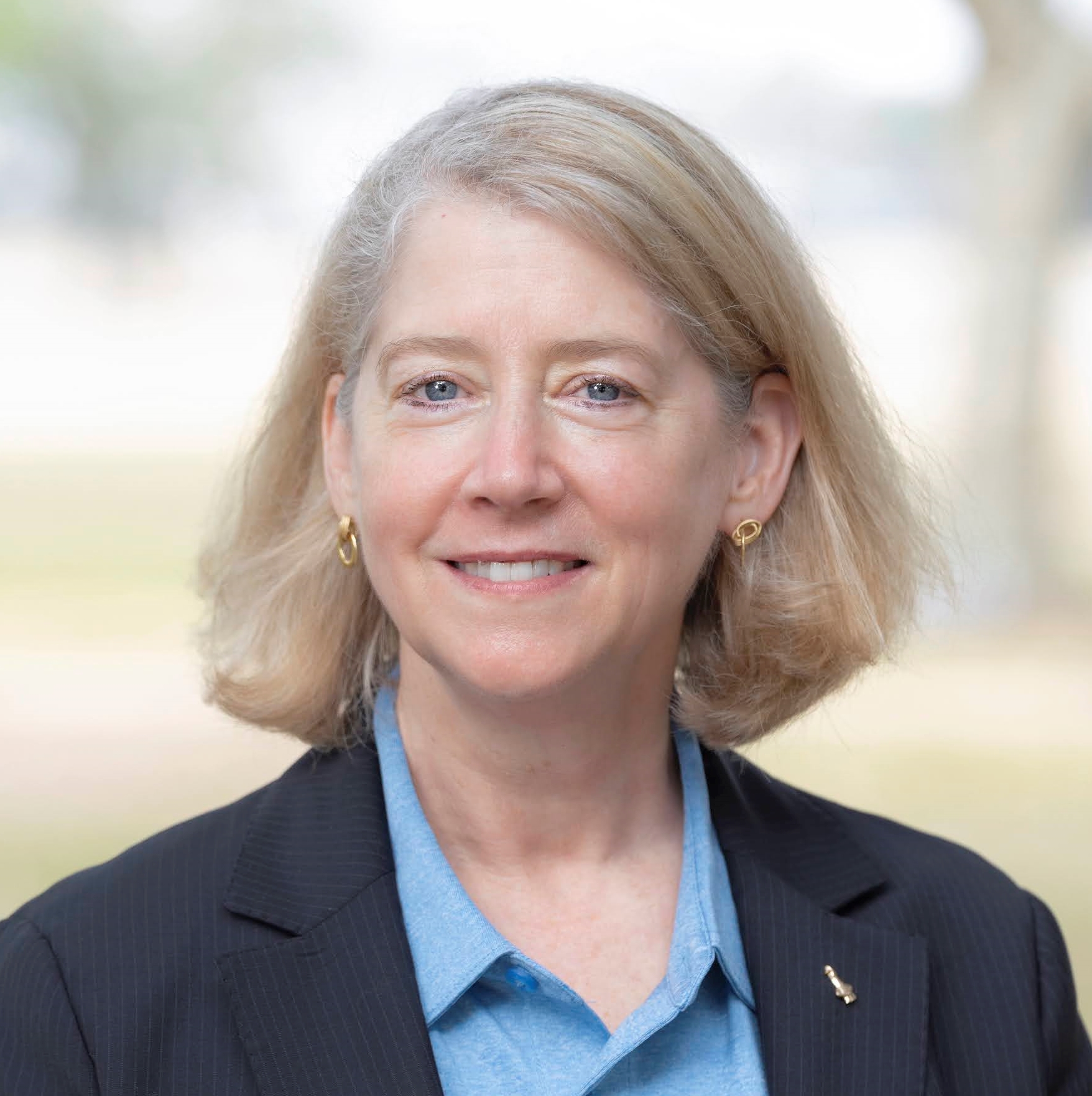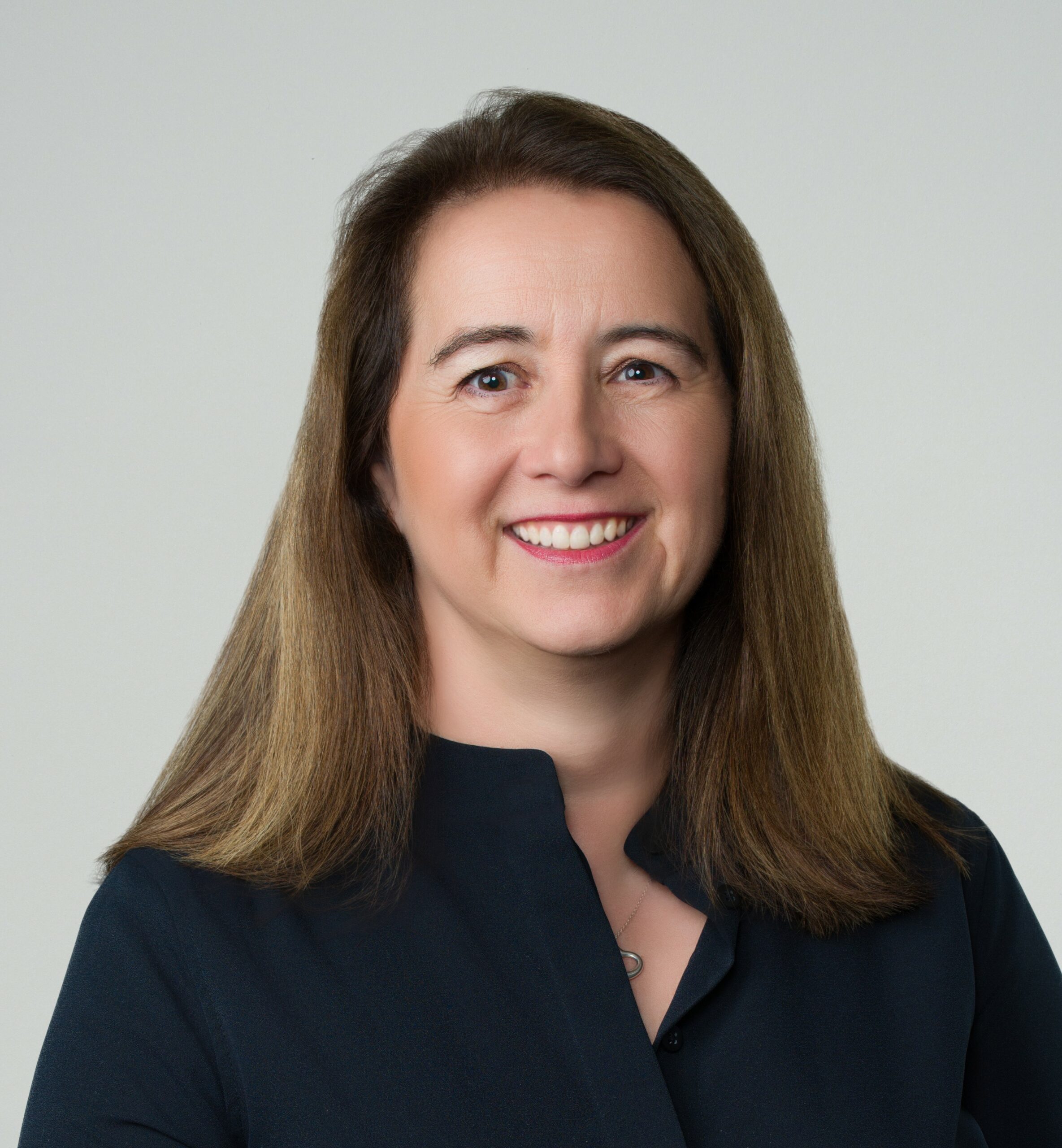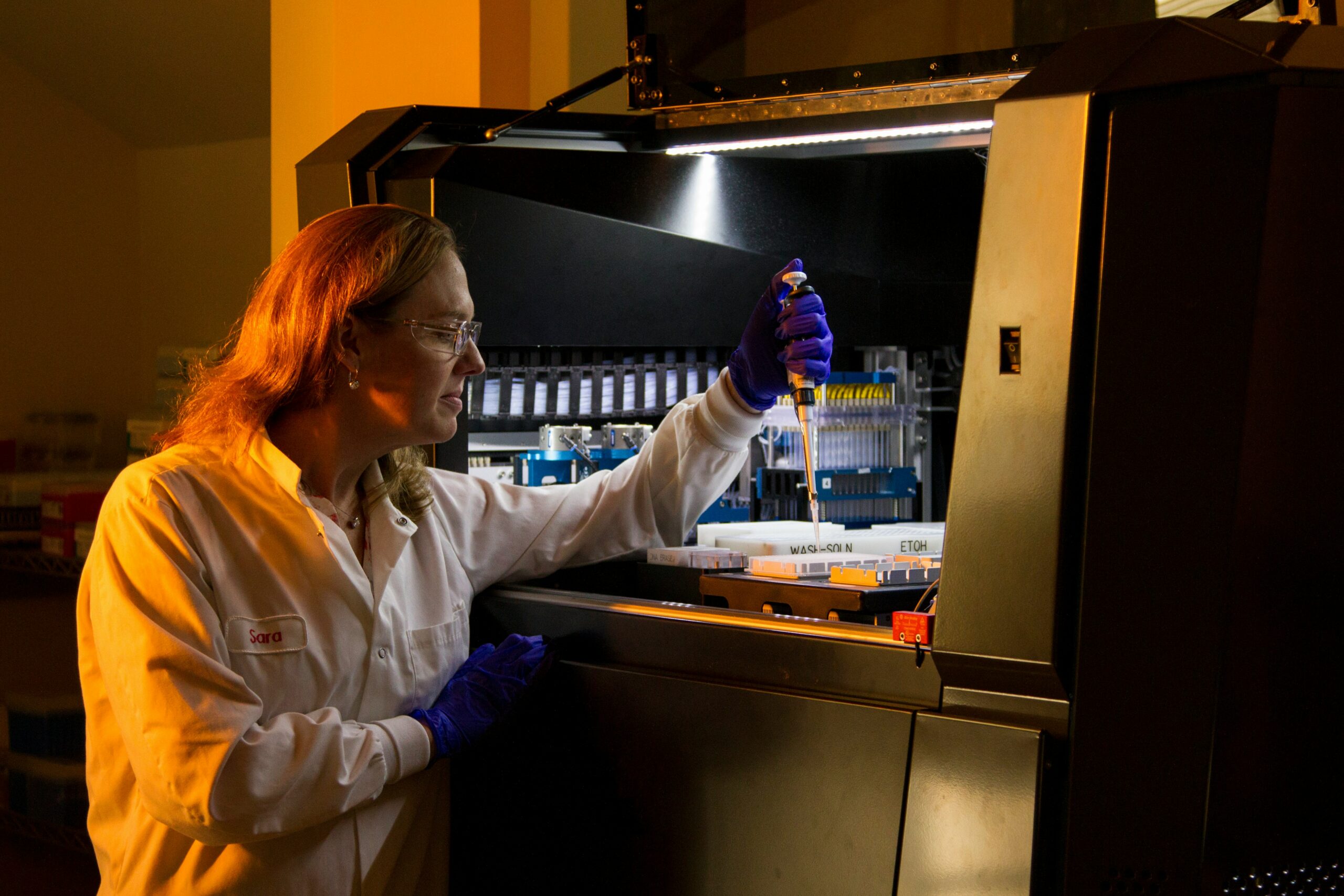A female academic, decorated astronaut and leader in pharma share their lessons in science.
To mark International Women and Girls in Science Day on 11 February, three IWFA members and female leaders in the sector reflected on their respective journeys and shared their wisdom and learnings for women considering whether to embark on an education or career in science.

Dr Catherine Ball is a NSW IWFA member and has a portfolio career that spans entrepreneurship, academia, philanthropy, and global travel. She holds two doctorates, runs her own businesses and is a non-executive director. She loves doing research and supporting PhD and Masters students at the School of Cybernetics in the Australian National University.
She is learning how to translate from deep technical ideas to business opportunities and her latest passion project is bringing XPRIZE.org to Australia as fuel for our entrepreneurial engine here in the region.

Pamela Melroy is an SA IWFA member and was recently the Deputy Administrator of NASA. After attaining her degrees in physics and astronomy, she became a US Air Force pilot and test pilot, and then a NASA astronaut. She has flown in space three times on the Space Shuttle to the International Space Station. She has also held roles as an executive in industry and other government agencies, and has been an advisor to the Australian Space Agency.

Dr Michele Stokes is a VIC IWFA member and currently the VP, APAC region for PCI Pharma Services one of the leading Contract Development and Manufacturing Organisations (CDMO) globally. Here in Australia, it supports mid to large Pharma companies with their Clinical trial supplies, ensuring investigational material is manufactured, labelled, stored and delivered to the clinical sites to GMP and TGA requirements. Stokes has a PhD in Molecular Biology but decided early on in her career that research was not her passion, she started in the CDMO space in Business Development and over a 20+ year career has moved through this industry helping to grow business and markets.
A STEM education will shore up your future
To future-proof your career and remain relevant, the women outlined the importance of studying a STEM discipline, even if it doesn’t end up being the end path pursued. Each respondent expressed their satisfaction with having gone against the grain to follow their passion.
Dr Ball said we are living in times that are exponentially more technically enabled. She encouraged anyone heading to university to consider a double degree that spans different subjects, such as an arts major coupled with something in STEM.
“As technology starts converging more, the power of the human will have a resurgence, and so we don’t just need more people who can code: we need people who can understand complex systems.”
Dr Stokes said there is a variety of opportunities available in the Pharma sector beyond the misconception it just involves laboratory research. She had no hesitation recommending a career in science.
“I love being able to apply my technical knowledge to a business setting. A PhD is more than just the topic of your thesis, the skills gained through the process are invaluable for general business as well. The industry is changing rapidly with new drugs being launched constantly that will change people’s lives. I am proud to have played a small part in that.”
Melroy agreed a scientific foundation opens a raft of doors stating, “As the world gets more complex and we rely more heavily on technology, being scientifically literate (whether you work in the field or not) is extremely important. It will help you apply critical thinking skills to all kinds of problems, whether they are technical or not. I love learning new things and seeing new connections. Each new piece of information adds to my perspective on everything else!”
Challenges with gender bias still exist
The United Nations highlights that a significant gender gap has persisted throughout the years at all levels of science, technology, engineering and mathematics (STEM) disciplines all over the world. Even though women have made tremendous progress towards increasing their participation in higher education, they are still under-represented in these fields.
With this gender imbalance, comes stereotypes and hurdles but Melroy notes pleasingly the tide is beginning to change.
“When I was younger the bias against women being good at math and science was very open, and people openly said that I couldn’t achieve what I wanted to achieve. Today it is much more unconscious and systemic; the assumption that you aren’t the expert in the room on anything remains.”
Dr Ball also acknowledged the difficulties women in science face but sees it as reassurance and as motivation to reach higher.
“As a woman with leadership desires and an opinion (or two) I have been up against a head wind of naysayers and the odd bully, but one thing I tell my mentees is ’when you are taking flack it means you are over target’ and so we push on, we don’t regress,” Dr Ball said.
While Dr Stokes acknowledged she had been the only woman around a board table, been talked over or ignored by male leaders, been expected to tidy up and set up meetings and asked to attend industry lunches just to be the token “female in manufacturing”, she didn’t feel the challenges outweighed the benefits.
“The experience and opportunities in science are well worth any gender-based pitfalls. I have always tried to maintain a positive mindset and be reassured that I am there because I deserve to be.”
We all play a part to drive equality in science
There was general consensus that men need to be part of the equation to drive a more equitable industry with Stokes noting she had been fortunate to have worked for good male managers who supported her development and career path.
Ball and Melroy also underscored the importance of women role models.
Dr Ball noted that, “It takes a community of like-minded women and men, and we should all aim to be better allies. I have had some great mentors and supporters.”
Melroy reiterated the importance of establishing a tribe stating, “Building a support network of other women and also men who “get” you is extremely helpful.”
Parting advice
Perseverance and conviction within yourself were the common threads that came through in the responses focussed on advice and Melroy said the key is to never give up.
“I had a dream I wanted to follow which really helped me stick things out in tough times. If you keep plugging away and get better at what you do every day, it will be recognised. Find a scientific problem you are really intrigued by and passionate about solving! You can change the world,” she said.
Dr Stokes said, although women are still under-represented at the highest leadership level in the industry, it is slowly changing and should not be a deterrent for any young woman interested in taking a scientific career path.
“I believe career success hinges a lot on your attitude. Try not to fixate on being the only woman in the room and volunteer rather than rely on someone to speak on your behalf. Never expect to be asked, instead speak up and be very clear when you are interested in opportunities.”

